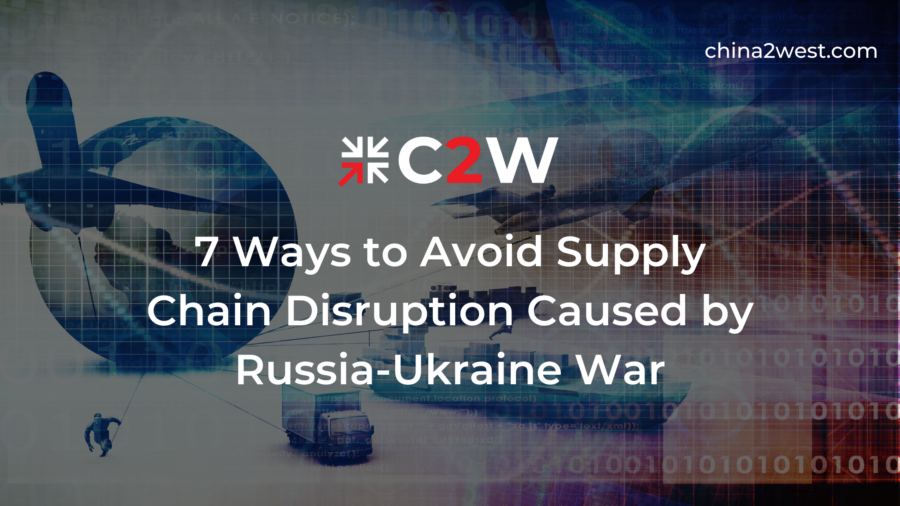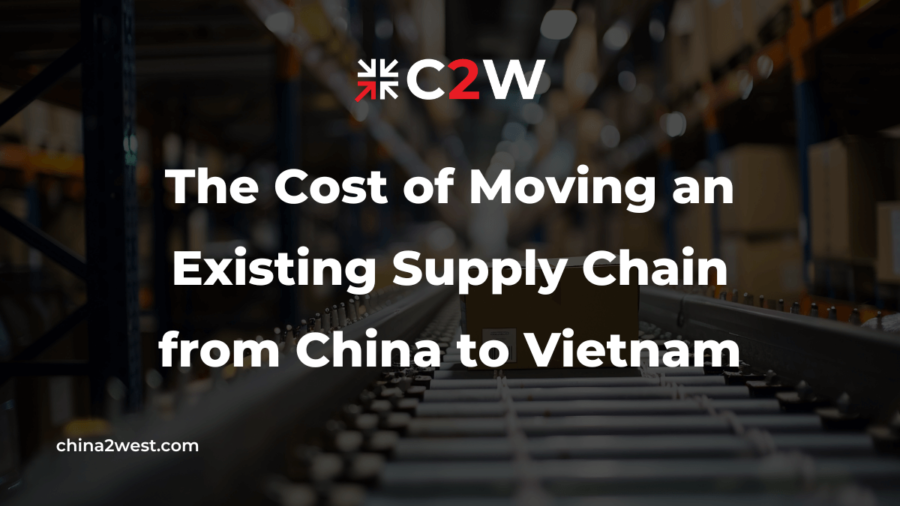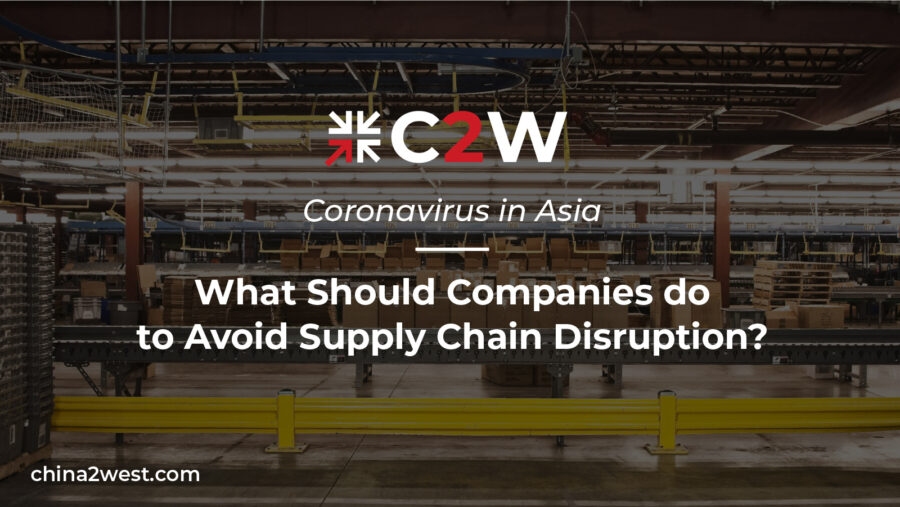In the current international geopolitical climate, companies doing business internationally must take additional steps to protect their supply chains from disruption. If you sell goods or services to anyone in Russia or Ukraine, then the political and economic instability in those countries could affect your business in more ways than one. By taking these seven steps, you can ensure that your supply chain stays intact and you don’t suffer unnecessary losses due to supply chain disruption caused by Russia-Ukraine War .
Plan Ahead
Planning ahead is one of your best defenses against supply chain disruption. The last thing you want to do is rush into an international market that’s already experiencing problems. Take time before entering a new market to find out what types of issues have arisen there and develop contingency plans for each issue in case it arises in your business. For example, if workers in a particular area aren’t paid on time, what will you do? If goods or supplies are unavailable or impossible to import, how will you ensure that your customers can continue receiving them? Supply chain disruption can be avoided if you take steps beforehand, such as knowing all potential risks involved with operating in a new location and having solid ideas about how they could be addressed during an emergency situation.
Diversify
The best way to avoid supply chain disruption is, of course, not to start a war. But let’s say you can’t avoid it. The worst thing you can do is put all your eggs in one basket, so don’t create a situation in which you must rely on just one supplier or supplier route. Even before conflict breaks out, we recommend planning for possible disruptions—like an extra week of inventory or an alternate sourcing route—so that if something happens and supplies are cut off, your business isn’t immediately doomed. And even once war breaks out, you need a backup plan that still allows you to conduct business as usual until peace is restored.
Streamline
The best way to avoid supply chain disruption caused by political upheaval is to move your inventory closer to where it will be sold. This doesn’t just mean outsourcing production — it also means moving some of your business processes in-house, so that you’re closer and more connected with your customers. While that sounds like an expensive proposition, there are many cheap or free ways you can do it today: You can bring your office supplies in house (like pens and paper), establish a local fulfillment center, or hire a freelance team member who lives in the same area as your customers. Whatever you choose, streamlining operations will help you adapt quickly when times change again.
Consider Outsourcing
Considering outsourcing production and distribution can help reduce disruption. Ukraine is an important, bordering country for many American companies, and thus often a key location for production and distribution. Russia has already threatened to block transit through its borders if Ukraine tries to integrate with Europe via similar trade deals. China is a great option for its developed infrastructures, mature supply chains, and labor quality. If you’re worried about geopolitics disrupting supply chains, consider investing in outsourced facilities in China—it could be your competitive advantage in a volatile market.
Evaluate Risks
There are multiple risks that may cause disruptions in your supply chain, including logistics and policy. While it’s impossible to completely avoid disruption, you can prepare by creating a crisis management plan or conducting a risk assessment of your supply chain. The goal is to identify areas where there are high-risk events that could potentially disrupt your supply chain. Then, you can take steps to minimize disruptions if they do occur. For example, if there is a chance that trade sanctions could be put into place between Ukraine and Russia, you should take proactive steps like finding alternative suppliers or securing an inventory cushion in case shipments from Ukraine are delayed or halted completely.
Find New Suppliers
No company wants a war disrupting its business, but if push comes to shove, it’s good to have a plan B. The conflict in Ukraine is proving costly for many companies and governments, with an estimated $2.5 billion in lost economic activity so far. Rather than risk cutting off your supply chain at a critical moment, establish backup suppliers in areas unaffected by the political crisis—places like China and India or even other parts of Europe (particularly Eastern Europe). If you do have operations or sources of supply in Russia, be sure that you can get those materials elsewhere; don’t depend on one supplier for critical components.
Remain Calm in the Face of Adversity
Sometimes all you can do is sit tight and weather out a crisis. If that’s your situation, don’t panic. Your business will survive. You might not be able to make money until the problem clears up, but you should always keep in mind that there are always options even if you can’t immediately see them. It may seem like there isn’t any other way out of your current quandary than just laying low for a while, but in most cases there are a number of actions you can take to protect yourself from losses and maintain cash flow—even if it means moving resources around temporarily or shifting gears towards more stable areas of your business model.
At China 2 West, we promise all efforts in securing your supply chains in good hands with our bilingual and experienced in-house teams. Contact us today for more advice on ensuring your supply chains.




